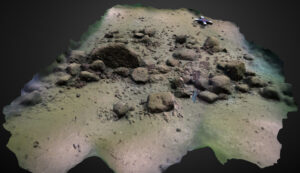In February 1977, the city of Chicago was left horrified and baffled by the brutal murder of Teresita Basa, a quiet and dedicated healthcare worker. The case seemed destined to remain unsolved until a strange turn of events brought forth a series of supernatural occurrences that would ultimately lead to the identification and conviction of the killer. Teresita Basa’s story is one that blurs the lines between reality and the paranormal, leaving us with an unsolved mystery that continues to intrigue to this day.
The life of Teresita Basa
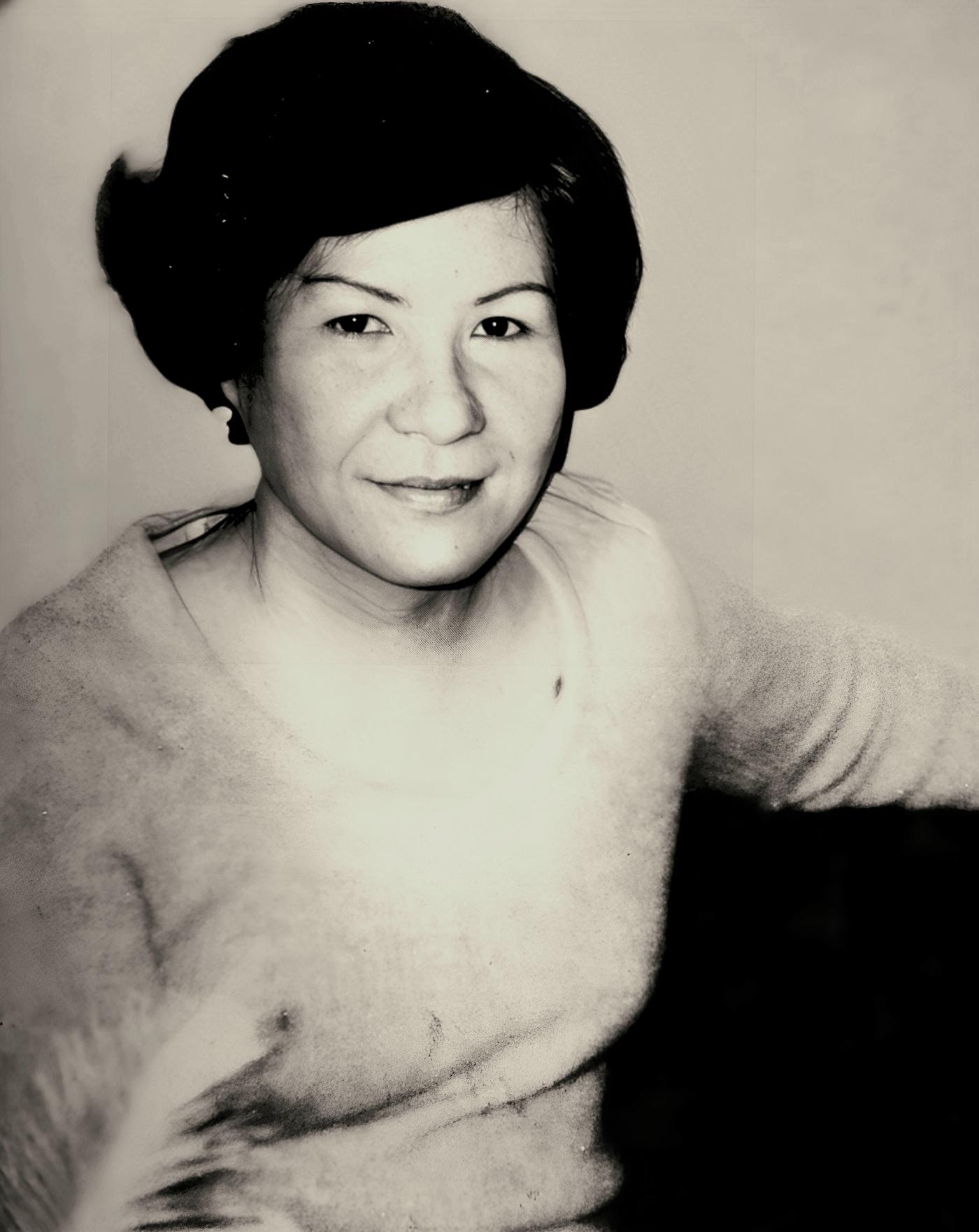
Teresita Basa was born in the Philippines in 1929 and led a privileged life as the only child of a successful lawyer and his wife. After completing her education at Assumption College in Manila, she embarked on a journey to the United States in pursuit of her passion for music. Basa eventually settled in Chicago, Illinois, where she found work as a respiratory therapist at Edgewater Hospital.
Known for her reserved demeanor and dedication to her patients, Basa quickly became a respected member of the hospital staff. In addition to her career, she pursued further education at Loyola University, where she was working on her doctorate in music. During her free time, Basa gave piano lessons and began writing a book. Her routine and quiet life made her an unlikely target for a violent crime.
The tragic murder
On the evening of February 21, 1977, tragedy struck. Ruth Loeb, a friend and coworker from the hospital, spoke with Basa on the phone for about 20 minutes, around 7:30 PM. Basa mentioned that she was expecting a male guest but did not provide further details. Later that night, neighbors detected the smell of smoke and alerted the authorities. The fire department arrived at Basa’s apartment on N. Pine Grove Avenue to find a fire in progress.
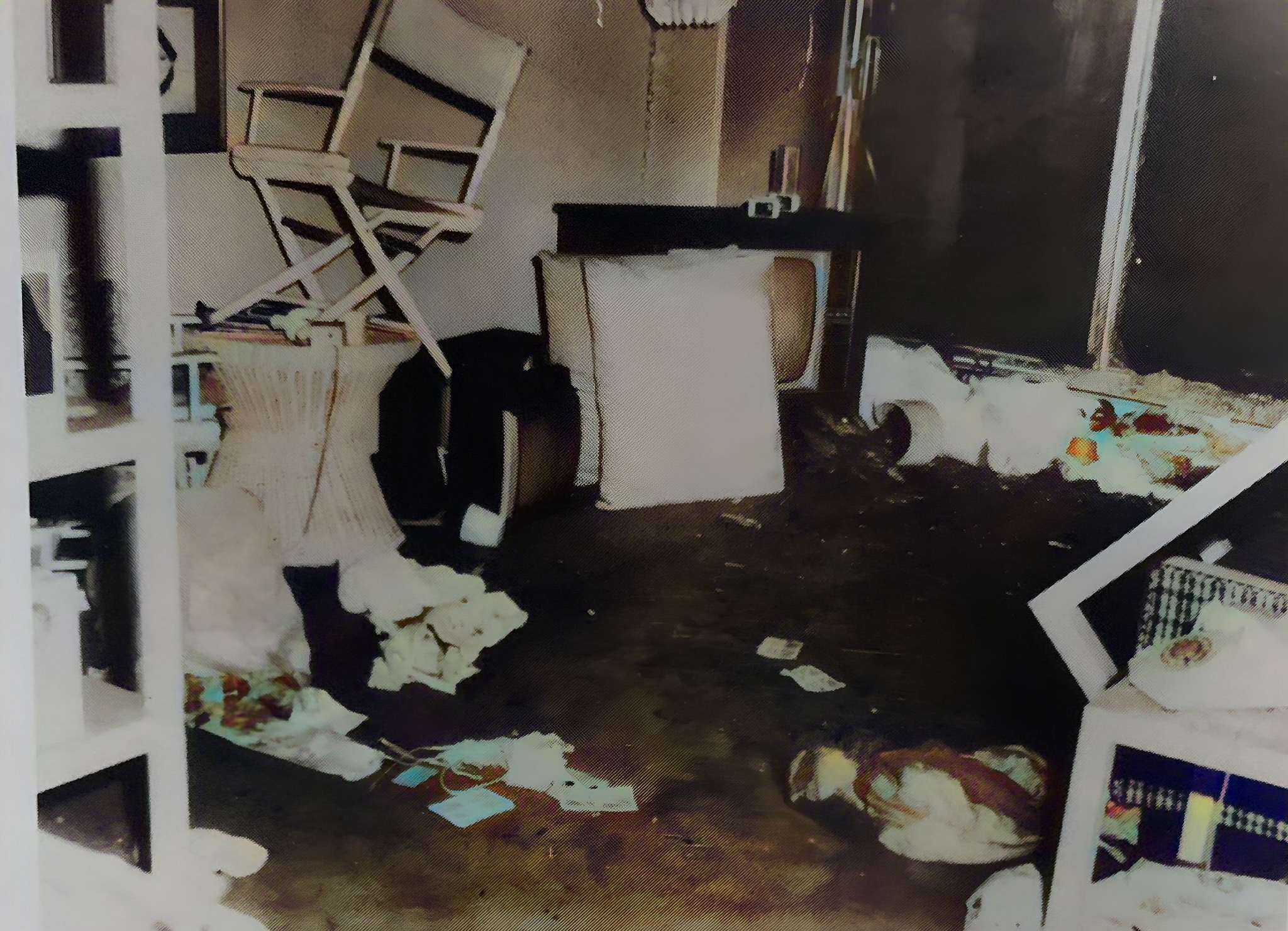
As they extinguished the flames, they made a horrifying discovery. Under a burning mattress, they found the lifeless body of Teresita Basa. She had been brutally stabbed in the chest with a butcher’s knife and left naked at the scene. The heinous crime shocked the community and left investigators searching for answers.
The investigation: A mysterious note
The initial stages of the investigation were met with frustration as police struggled to find leads. Family and friends were interviewed, but no significant information emerged. However, one clue stood out amongst the chaos – a note found in Basa’s diary that read, “Get tickets for A.S.” The meaning behind these cryptic initials remained a mystery, but investigators hoped it could provide a breakthrough in the case.
The supernatural twist
Six months into the investigation, a tip came in that would change the course of the case forever. Dr. Jose Chua, a surgeon, approached the police with an extraordinary claim. He asserted that his wife, Remy Chua, also a respiratory therapist at Edgewater Hospital, had been possessed by the spirit of Teresita Basa on multiple occasions.
According to Dr. Chua, during these episodes, his wife would enter a trance-like state and speak in Tagalog, Basa’s native language. The spirit of Basa allegedly pleaded for help and revealed that her killer was still at large. Initially hesitant to involve the authorities, Dr. Chua and his wife eventually decided to come forward, believing it was their duty to seek justice for Basa.
The voice from the grave
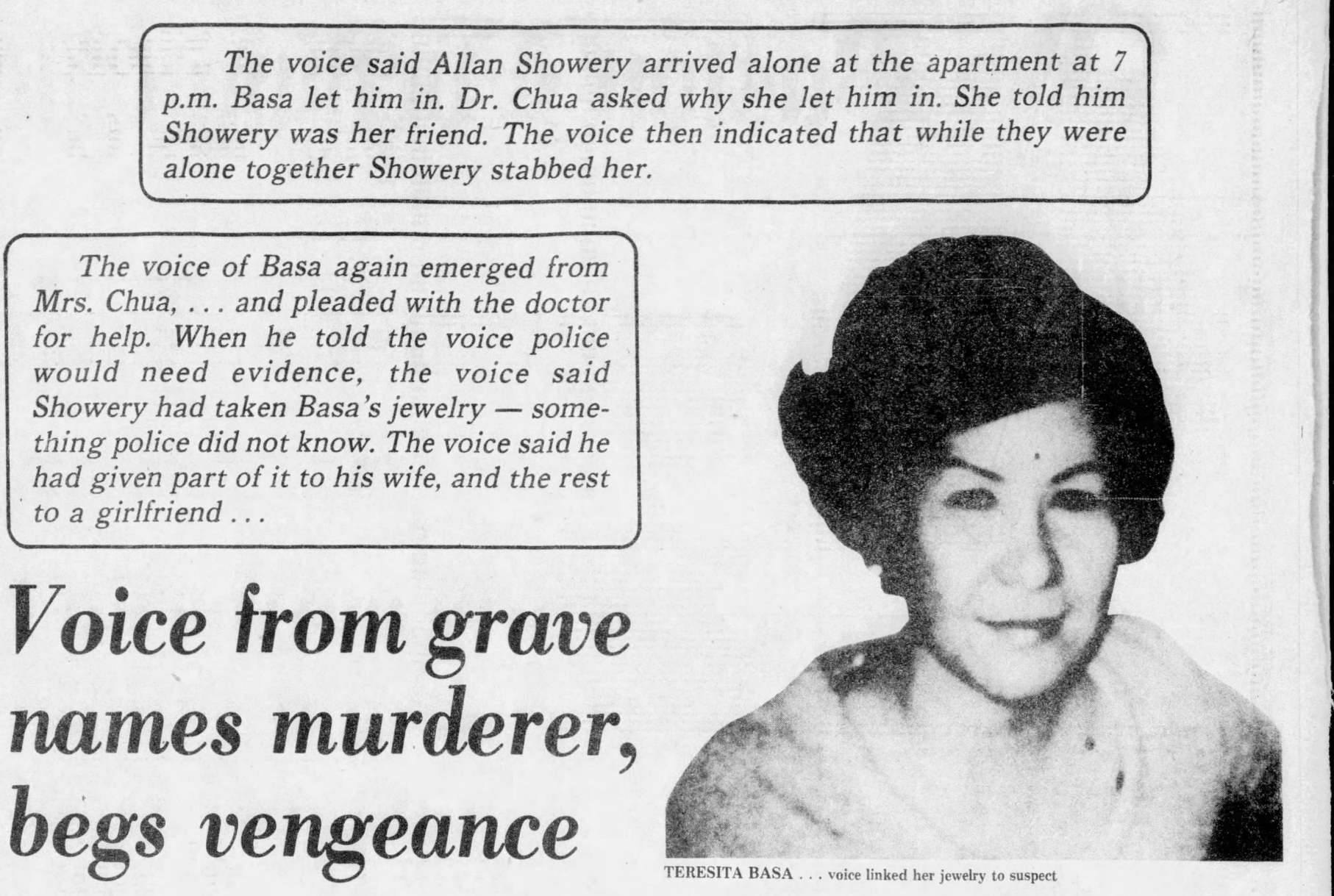
The Chua’s claims of possession by Teresita Basa’s spirit intrigued Detective Joseph Stachula and his partner, Lee R. Epplen. They saw an opportunity to explore an unconventional avenue in their pursuit of justice. Mrs. Chua’s trance-like states and ability to speak in Basa’s voice provided a unique opportunity to gather information about the crime.
During one of these episodes, Mrs. Chua revealed that her killer’s name was Allan Showery, an orderly who worked at Edgewater Hospital. She also disclosed that Showery had stolen Basa’s jewelry and given it to his girlfriend. These revelations, unknown to the police at the time, added credibility to the Chua’s claims.
Truth uncovered
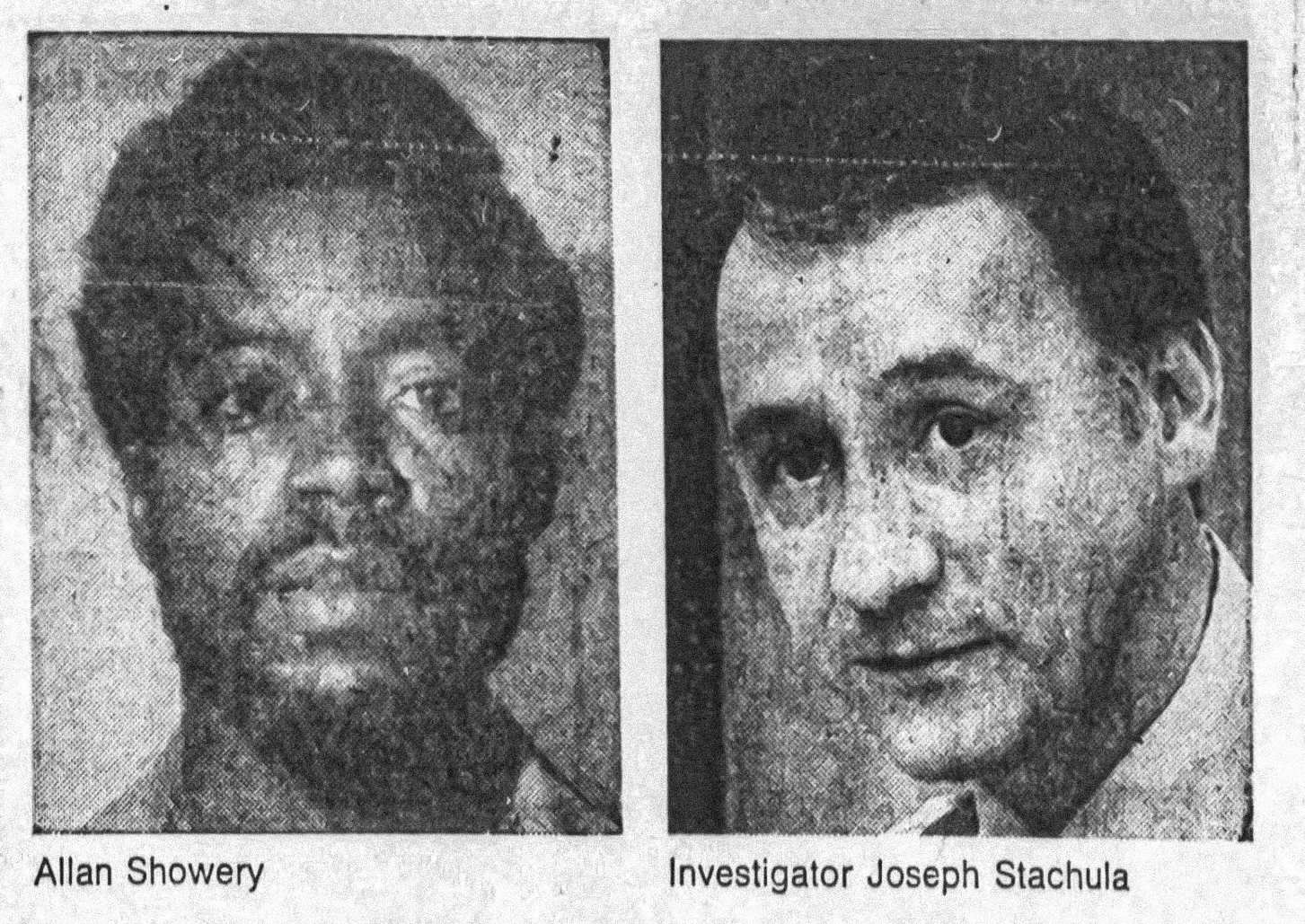
Detective Stachula investigated into Showery’s background and discovered that he lived in close proximity to Basa. Coworkers confirmed that Showery had planned to visit Basa’s apartment that fateful night to repair her television. Armed with this information, Stachula brought Showery in for questioning.
Initially denying any involvement, Showery eventually confessed to the murder of Teresita Basa. He admitted to entering her apartment with the intention of robbing her. In a horrifying act of violence, he attacked her from behind, disrobed her to stage a sexual crime, and set her mattress ablaze to conceal the evidence.
The trial and conviction
Allan Showery’s trial, sensationalized as the “Voice from the Grave Trial,” seized the public’s attention. During the proceedings, his defense lawyer attempted to discredit the claims of possession, suggesting that Mrs. Chua had fabricated the trances due to her termination from the hospital. However, the evidence presented against Showery, including the stolen jewelry found in his possession, was overwhelming.
Despite initially pleading not guilty, Showery had a change of heart and decided to plead guilty to the murder, along with charges of robbery and arson. In February 1979, he was sentenced to fourteen years in prison. Shockingly, Showery served less than five years of his sentence before being released on parole in 1983.
Reflections on the case
The Teresita Basa murder case remains one of the most bizarre and intriguing in Chicago’s history. The supernatural element of the story, with the Chua’s claims of possession by Basa’s spirit, adds an eerie and mysterious dimension. While skepticism may prevail, the information provided during these trances ultimately led to the identification and conviction of the killer.
The strange case of Teresita Basa serves as a reminder that justice can come from unexpected sources. Whether supernatural or coincidental, the revelations brought forth through the Chua’s experiences unearthed crucial evidence for a crime that might otherwise have remained unsolved and cold. Basa’s story actually leaves us with more questions than answers, reminding us of the complex and often inexplicable nature of human existence.
Final words
The chilling story of Teresita Basa and her alleged ghostly intervention in solving her own murder remains an enigmatic tale that defies conventional explanations. From her humble beginnings in the Philippines to her tragic end in a Chicago apartment, Basa’s life and death continue to fascinate and enthral people around the world. It’s a rarer than rare crime case where the supernatural elements intertwined with the investigation.
Skeptics may dismiss the claims of possession, as they believe that Mrs. Chua, already aware of the case and having a personal connection to both the victim and the murderer, decided not to get directly involved in the investigation or legal proceedings. Instead, she chose to seek justice in an another way – a ghostly manner.
Whatever it was, the impact of Mrs. Chua’s revelations cannot be completely denied, as they ultimately led to the identification and conviction of the killer. The legacy of Teresita Basa lives on, reminding us of the enduring power of the human spirit and the quest for truth and justice.
After reading about Teresita Basa, read about Reincarnation: The incredibly strange case of the Pollock Twins.


